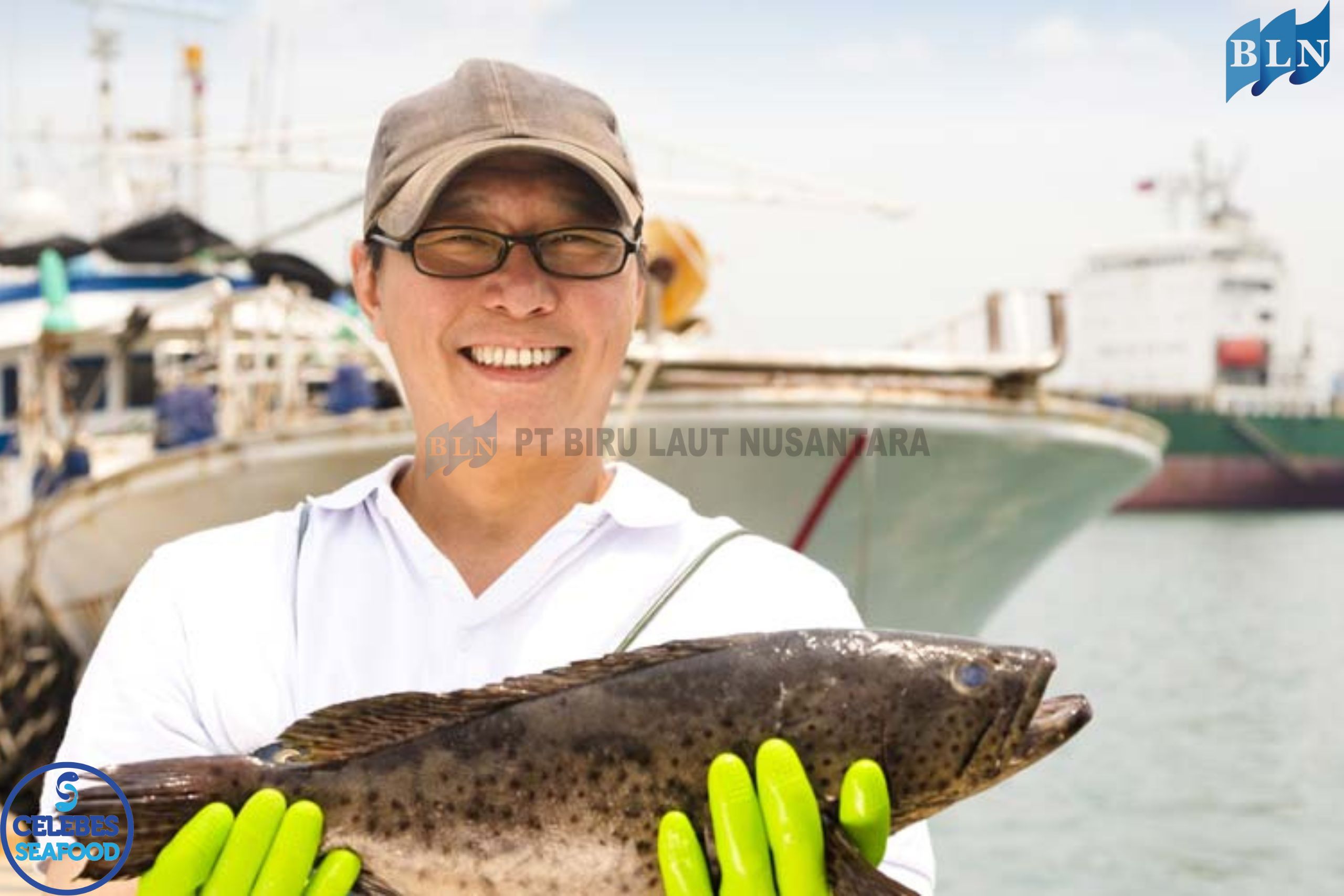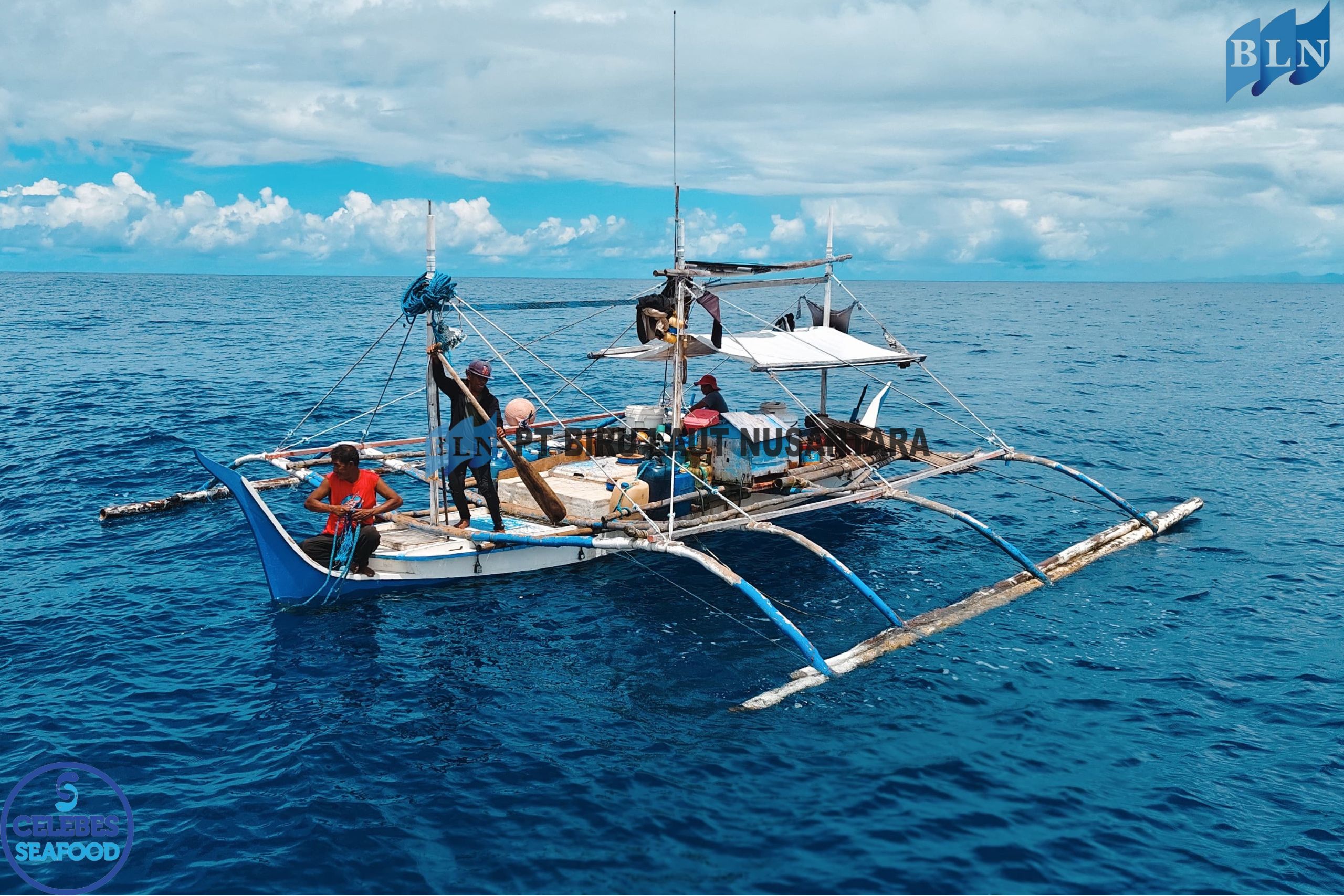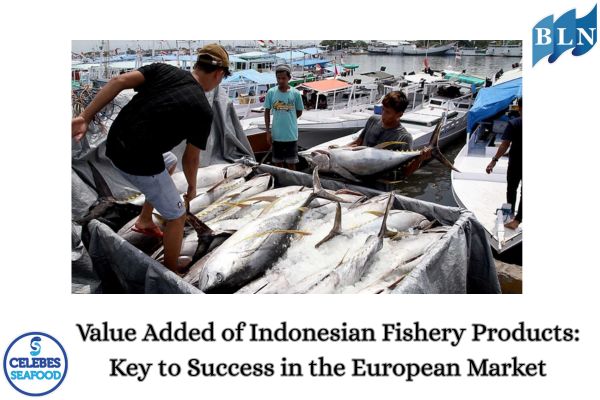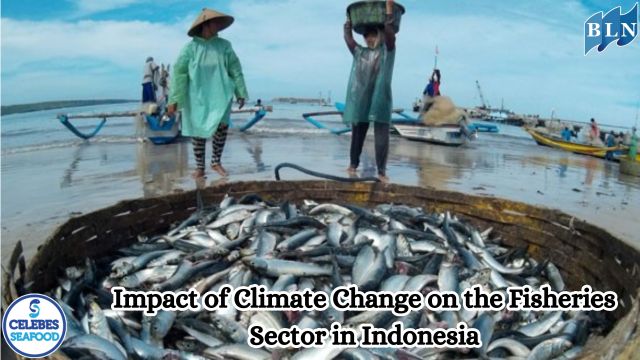9 Challenges in Mussels Farming Business
By. Nevanda - 19 Sep 2023
lautnusantara.com - Mussel farming, a sector of the aquaculture industry, has seen significant growth in recent years due to the rising demand for sustainable seafood. While it offers numerous benefits, mussel farming is not without its share of challenges. In this article, we will explore some of the key challenges faced by the mussel farming industry and how farmers are working to overcome them.
1. Environmental Variability
One of the primary challenges in mussel farming is dealing with environmental variability. Mussels are filter feeders that rely on the availability of plankton in the water for their nutrition. Fluctuations in water temperature, salinity, and the presence of harmful algal blooms can affect the availability of plankton and impact mussel growth and survival. Farmers must constantly monitor and adapt to these environmental changes.
2. Disease Management
Mussels can be susceptible to various diseases and parasites, such as QX disease and dermo. These diseases can lead to reduced yields and increased mortality among mussel populations. Disease management strategies often involve monitoring, early detection, and the use of antibiotics or other treatments to prevent outbreaks.
Read also: 10 Reasons Why Eating Barramundi Is Good for Your Health
3. Fouling Organisms
Mussel lines and infrastructure used in farming can become fouled by other marine organisms like barnacles and seaweed. Fouling organisms can reduce water flow, increase maintenance costs, and hinder mussel growth. Regular cleaning and maintenance are essential to prevent fouling.
4. Market Demand and Competition
While the market for mussels continues to grow, it can be highly competitive. Meeting the demand for high-quality mussels while keeping prices competitive can be a challenge. Moreover, fluctuations in market demand, especially in the restaurant and seafood industries, can impact mussel prices and sales.
5. Regulatory Compliance
Mussel farming, like all aquaculture activities, is subject to regulatory requirements related to water quality, environmental impact, and food safety. Complying with these regulations can be complex and time-consuming. Farmers must invest in the necessary infrastructure and monitoring systems to meet these standards.
Read also: The Fascinating Fish Pickling Techniques
6. Climate Change and Ocean Acidification
Climate change and ocean acidification pose long-term threats to mussel farming. Increasing sea temperatures and ocean acidification can affect mussel growth and shell formation. Adaptation strategies, such as site selection and selective breeding for resilience, are becoming increasingly important.
7. Sustainability and Ecological Impact
Sustainable mussel farming practices are essential to minimize ecological impacts. Overcrowding, improper waste management, and nutrient runoff from farms can lead to environmental degradation and negatively impact local ecosystems. Mussel farmers are increasingly adopting best management practices to mitigate these risks.
While mussel farming faces its share of challenges, it remains a promising and sustainable industry. Farmers are continually adapting and innovating to overcome these obstacles. By focusing on environmentally responsible practices, disease management, and market strategies, the mussel farming industry is poised to thrive and continue providing a delicious and sustainable seafood option to consumers worldwide.
Read also: Here are 11 Fun Facts of Barramundi








